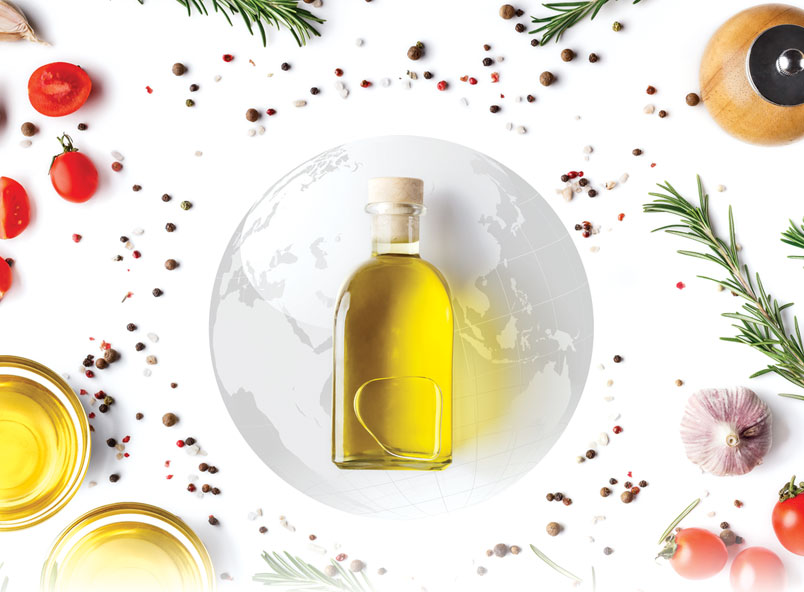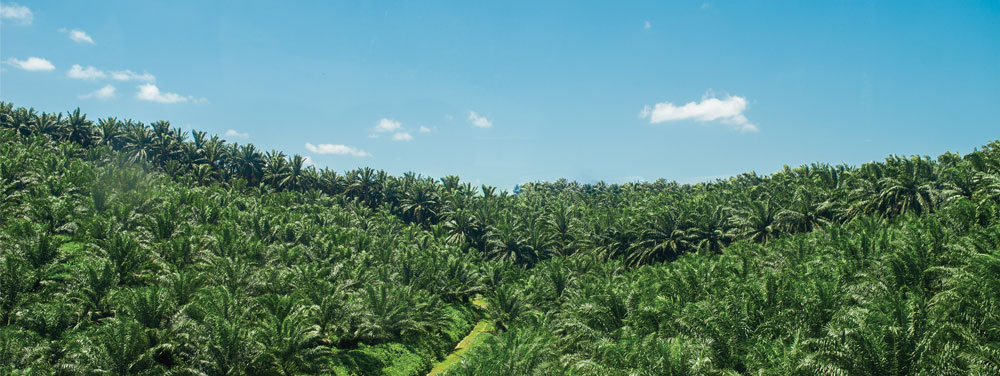



The struggle to survive the Covid-19 pandemic shows how the world is just one big village. We share different values, cultures and political views and we also draw political boundaries to separate one country from another.
But the pandemic has shown us that what we do as a community will affect others. Thus, quoting [Indonesian] Foreign Minister Retno Marsudi’s remarks at the Annual Press Statement [on Jan 6], we need to recover stronger together to achieve a global recovery.
The European Union’s (EU’s) discriminatory policies and regulations on palm oil have hurt economic and political ties between the bloc and ASEAN’s palm oil producing countries. Considering the importance of these ties toward mutual recovery, it is imperative that the two sides come to the negotiation table with clean slates and an honest intent to work hand-in-hand.
The EU, for its part, must acknowledge the credible and scientifically proven claims that palm oil is one of the best choices available. Productivity is just one example. On the other hand, palm oil producing countries in ASEAN need to take into account the EU’s concern about the loss of tropical wetlands and forests in Southeast Asia.
Thus, the formation of a joint working group (JWG) on vegetable oils that came about from the EU-ASEAN Ministerial Meeting [in December 2020] is a fresh opportunity to have mutual contributions and find solutions to the global village’s challenges.
The loss of forests in the tropics over the past three decades cannot be denied, as developing countries strode toward development and self-reliance. What is clearly deniable are arguments that blame the deforestation on the palm oil industry. Furthermore, oil palm plantations have been [linked] to forest fires and the extinction of orang utan.
As the palm oil industry matured over the past decade, the focus has been placed on protecting the overall landscape, not just for palm oil but for all forest products. In fact, Indonesia is the eighth-largest contributor of the world’s tree canopies and a prominent actor behind the initiatives to protect high conservation value (HCV) or high carbon stock areas to preserve the endemic fauna and flora.
The palm oil industry has shown remarkable achievements. It, for example, has elevated millions of people from poverty, created jobs and generated revenue that has improved development. All that happened without land expansion. The fact that the Indonesian government has enforced a land expansion moratorium for oil palm plantations deserves applause.

Global norm?
The EU has long been viewed as an antagonist by palm oil producing countries. It is essential for the EU to acknowledge that countries like Indonesia have made efforts to produce sustainable palm oil, as evident in the sustainable certification known as ISPO [Indonesian Sustainable Palm Oil]. It is also noteworthy that the Council of Palm Oil Producing Countries intends to start a study on principles of sustainable palm oil that could form a framework to cover all vegetable oils.
The fact that the EU is the most eco-conscious market and is willing to pay premium prices for sustainable vegetable oil needs to be taken into account, and there is no better venue for this to happen than at the JWG. The rhetoric that has painted palm oil black will therefore be cleared once the EU acknowledges the capability of ASEAN palm oil producing countries in fostering sustainable development and fulfilling the premium market.
This mutual understanding will indeed be key to the achievement of the United Nations Sustainable Development Goals (SDGs), which have guided palm oil producing countries’ commitment to sustainability. After all, a holistic approach to the environment and the SDGs is part of the ASEAN-EU consensus.
Even further, should the EU and ASEAN find agreement on this, a UN General Assembly resolution could easily make it a truly global norm for all vegetable oils. In the meantime, any earlier decisions on palm oil must be shelved as the EU and ASEAN countries look to build back better.
The devastated global economies resulting from the Covid-19 pandemic should be rehabilitated using a proper approach. The commitments made by nations and global corporations to free us from fossil fuels must be supported by a readily available solution. Palm oil’s contributions to global emissions or biodiversity loss is minor when compared to the overall emissions of developed countries.
Palm oil producing countries have repeatedly shown that they are up to the challenge of reducing the industrial impacts. From protecting HCV areas to the reduction of emissions in industry operations, no other commodity has such a high level of support from governments, civil society and environmental groups.
If banning palm oil is the EU’s option, will it be willing to accept millions of palm oil farmers as migrants? Therefore, failure is not an option. The JWG is a litmus test for the EU and ASEAN to deliver the solutions needed to the problems and to deliver them in time.
Responding to Minister Retno’s call for recovering stronger and together, producing countries must strive to make palm oil the most sustainable vegetable oil on earth. [At the same time] all vegetable oils should be given space to feed the world. One condition should be met: all oils are answerable to one standard, including reducing their ecological impact, whether it be for food or fuel.
Source: The Jakarta Post,
Jan 22, 2021
This is a slightly edited version of the article, which is available at: https://www.thejakartapost.com/academia/2021/01/21/global-recovery-needs-fresh-approach-to-eu-asean-relations.html
